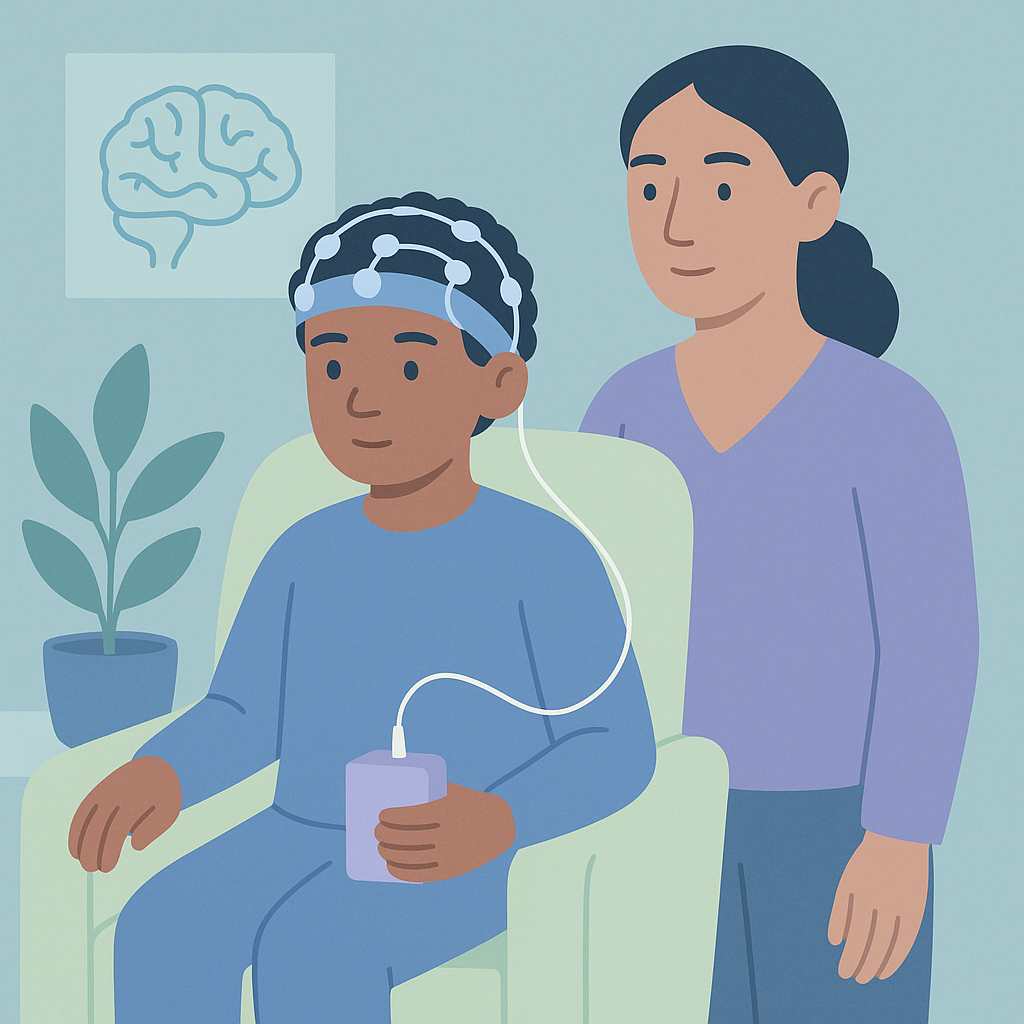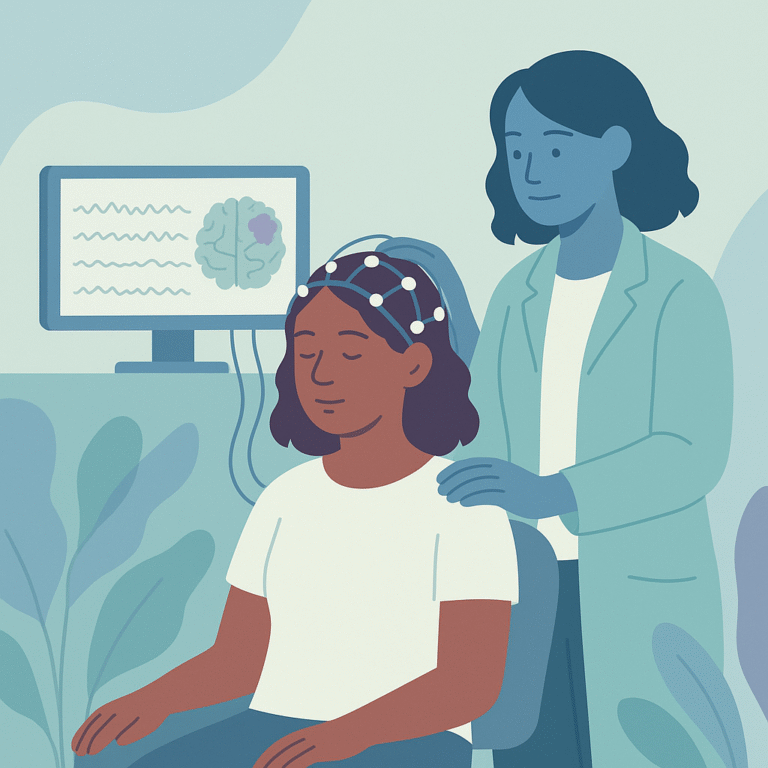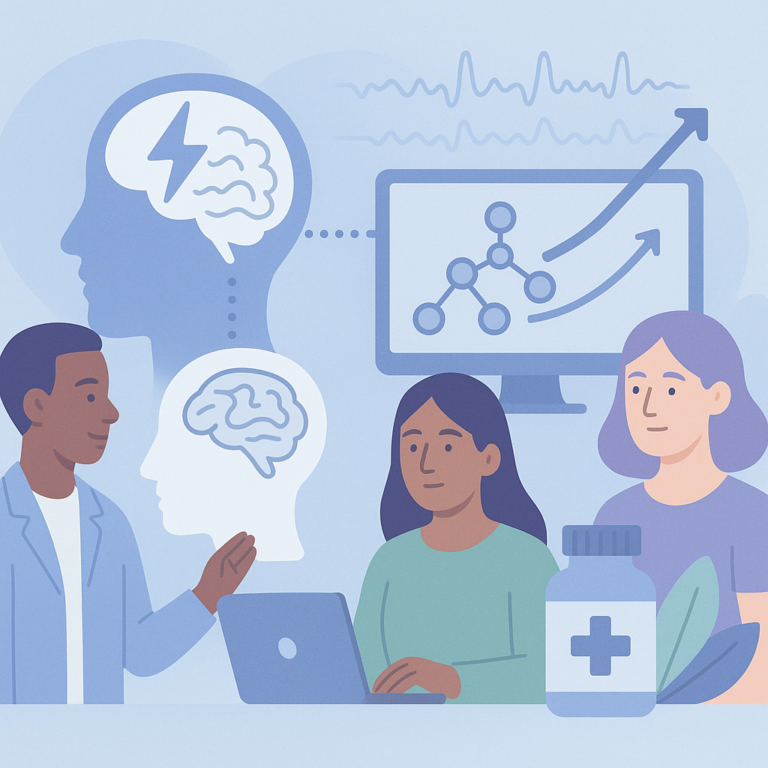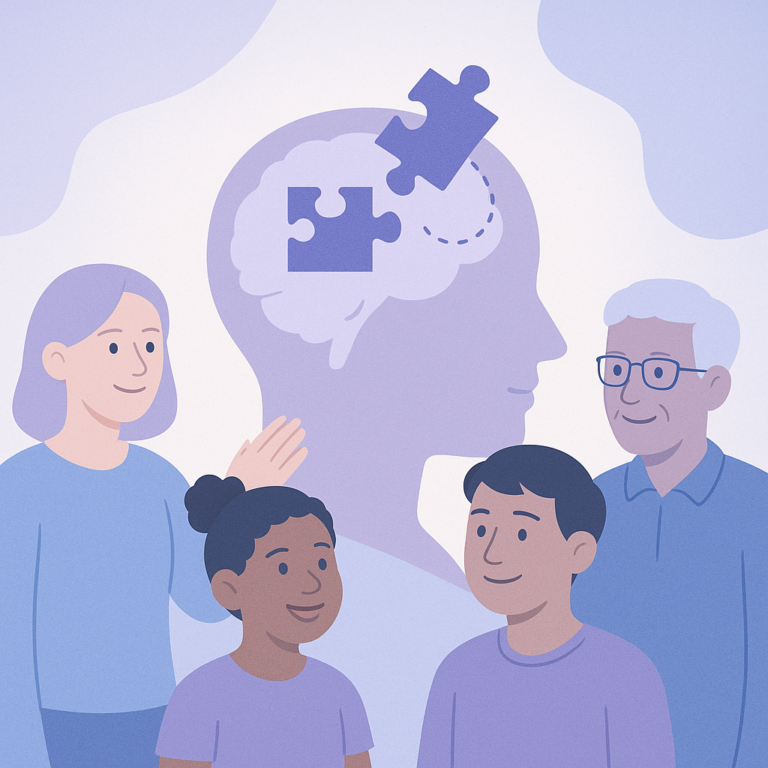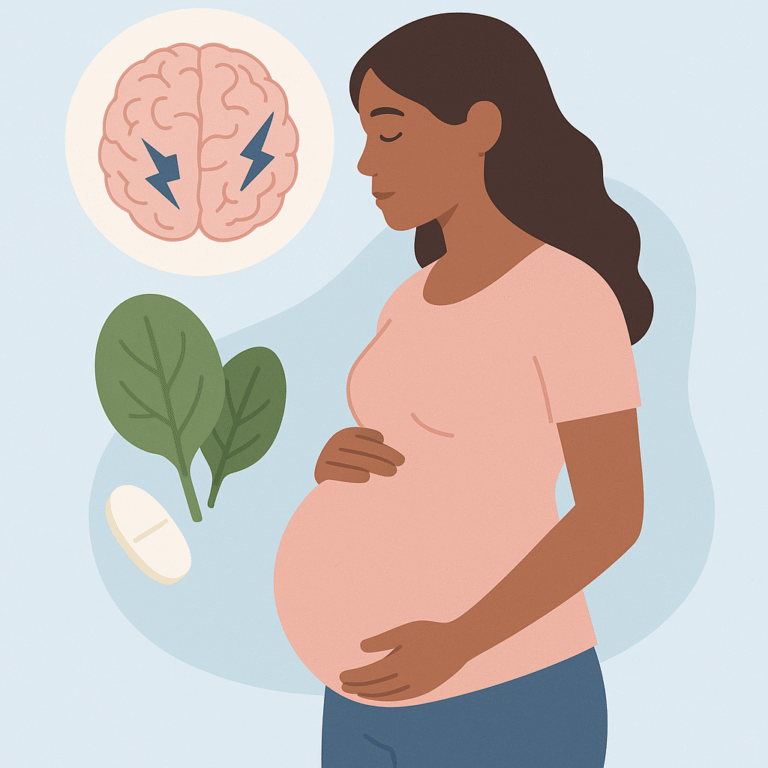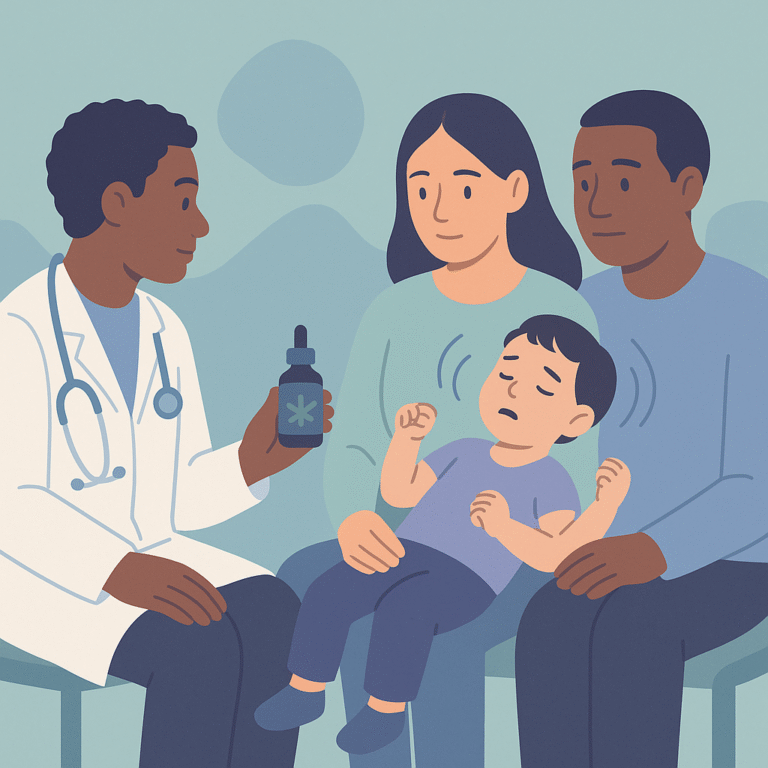Neurostimulation Shows Promise for Kids with Drug-Resistant Epilepsy
Source: Pediatric neurology
Summary
Researchers studied the effects of a treatment called central responsive neurostimulation (RNS) on children with drug-resistant epilepsy (DRE) that affects multiple areas of the brain. The study involved 11 pediatric patients, aged 5 to 20 years, who had not found relief from seizures with medication alone. The researchers looked at the patients' medical records to see how well the RNS worked over an average follow-up period of about 1.3 years.
The results showed that 90% of the patients had at least a 50% reduction in their seizures after receiving RNS. More specifically, 55% of the patients experienced a significant reduction of 75% or more in their seizures. Additionally, many patients reported improvements in their behavior, social interactions, and school performance, especially those with autism spectrum disorder. Families also noted a better quality of life after the treatment, and there were no serious complications from the procedure.
These findings are important because they suggest that central neurostimulation can be a safe and effective option for children with difficult-to-treat epilepsy. However, this study is preliminary and involved a small number of patients, so more research is needed to confirm these results and understand the long-term effects of the treatment.
Free: Seizure First Aid Quick Guide (PDF)
Plus one plain-language weekly digest of new epilepsy research.
Unsubscribe anytime. No medical advice.